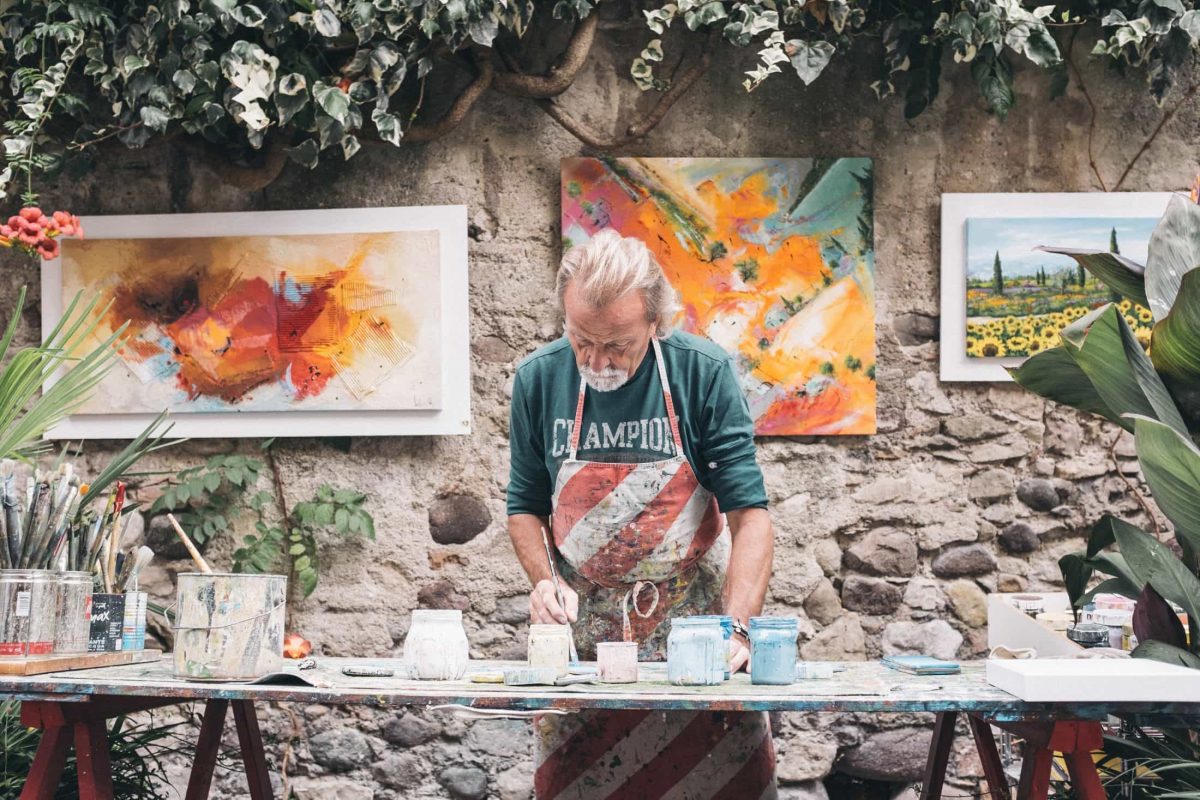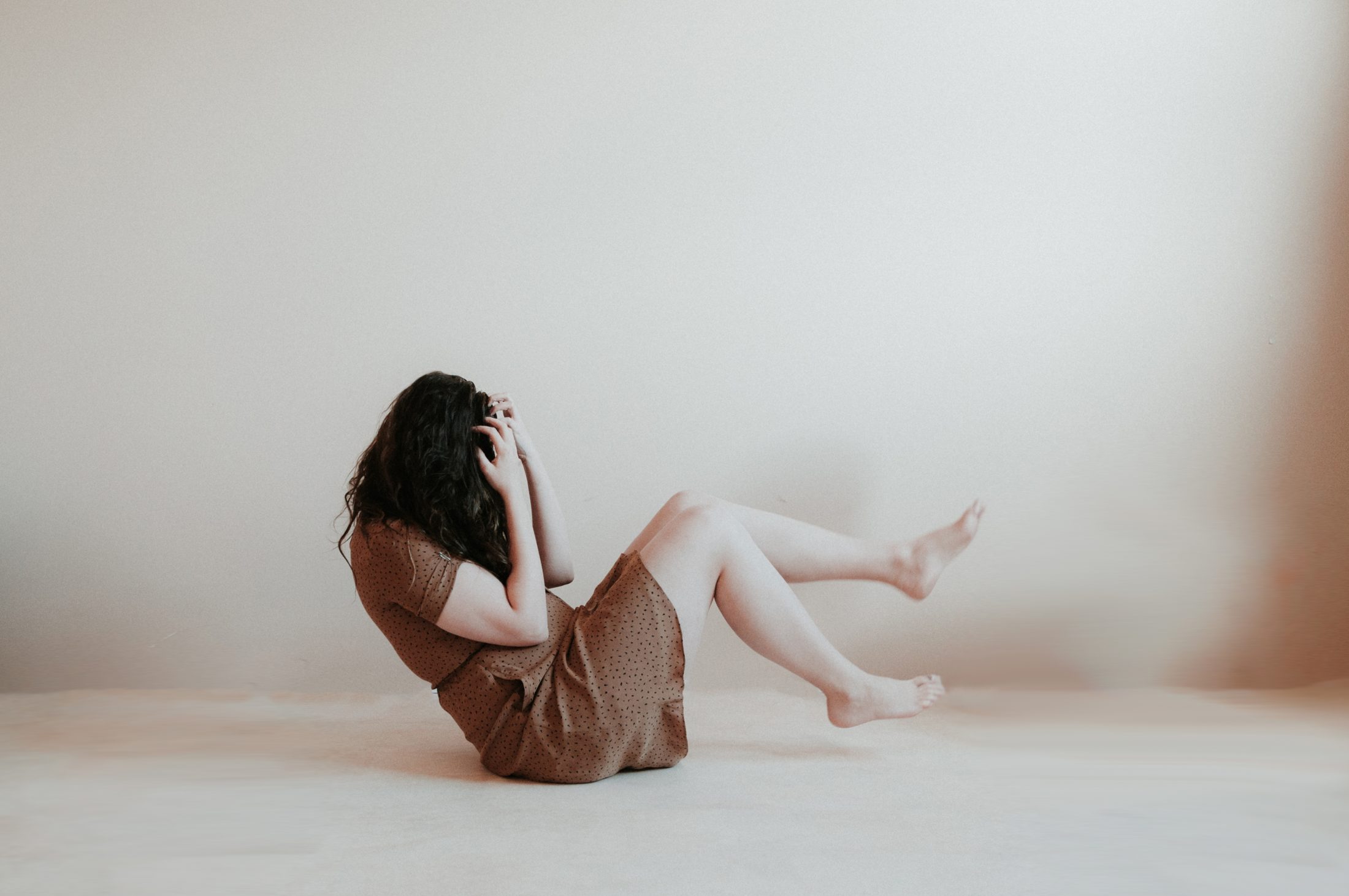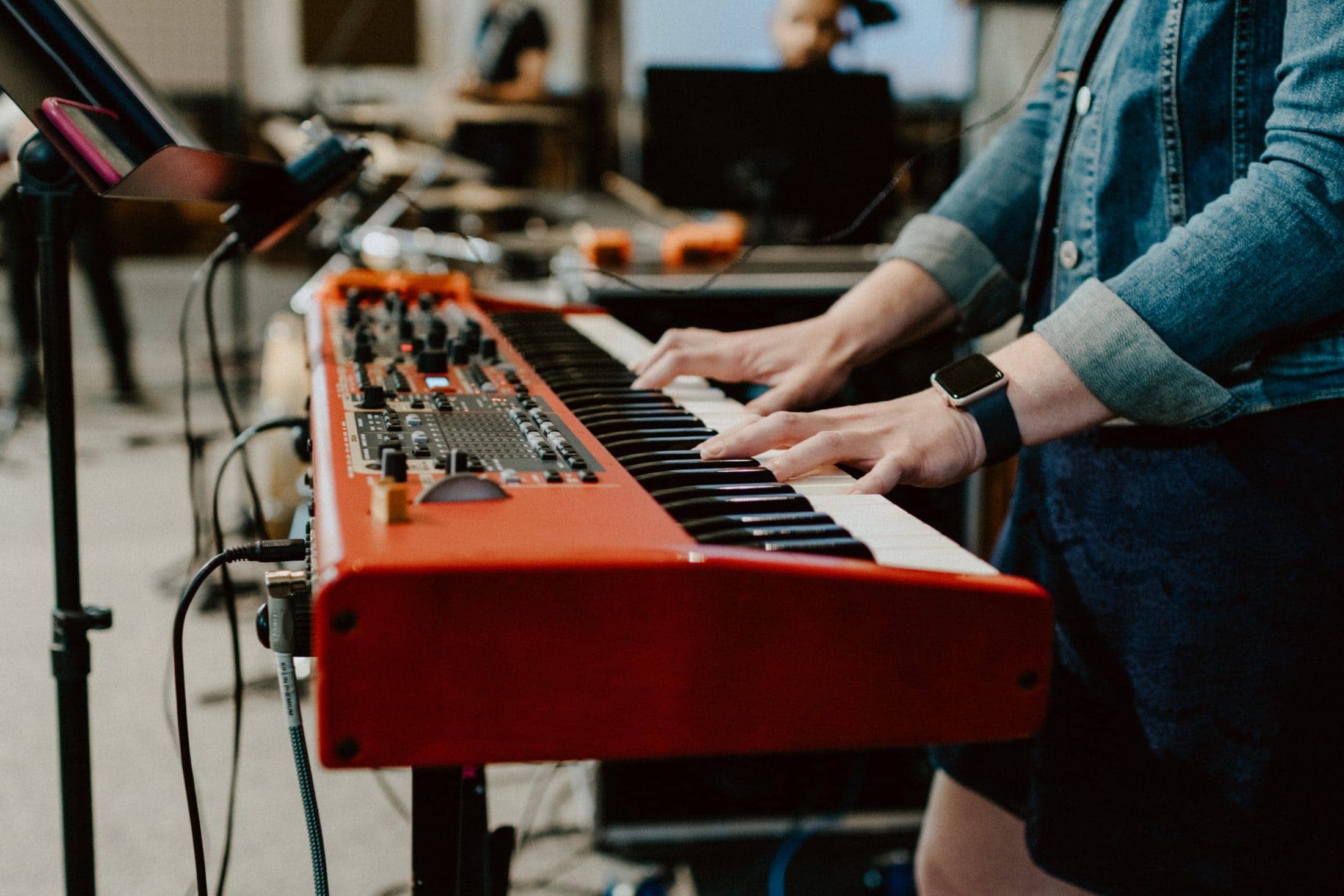If you’re living with a disability, especially one that limits your mobility, then finding a creative outlet can provide an enormous boost to your mental well-being. This might mean picking up a paintbrush, or an instrument; it might mean learning a new piece of creative-focussed software, like Blender.

The therapeutic properties of these artistic pursuits have head to the coinage of new terms, like Art Therapy and Music Therapy. But this association is not a new one; throughout history, people have sought comfort in art and music. If your disability limits your movement, then you might find that some options are unavailable to you – but at the same time, there’s never been a broader range of musical instruments and artistic media to choose from, and thus picking one that matches your circumstances can often be a matter of simple research.
In much the same way as a wheelchair, a stick, or a specialized vehicle from Allied Mobility can free your body, artistic pursuits can free your mind. Let’s look at how.
Allows for communication
There are some things that even the most well-spoken person can’t get across in quite the same way as an expert pianist or virtuoso sculptor. If you’ve got a disability that limits your ability to speak clearly, then you might find that picking up an artistic skill is extremely liberating. Through your chosen medium, you’ll be able to say things that you otherwise wouldn’t have been able to.

Reduces Anxiety
When you’re in ‘the zone’ on a creative project, you might find that all of your other concerns melt away and that the time flies by. If you’re spending a lot of your time sitting in the house, even when there isn’t a pandemic going on, then finding something to do with those hours can prevent toxic and anxiety-inspiring thoughts from establishing a foothold.

Provides an Emotional Outlet
Emotions, whether positive or negative, can be better understood when they’re channeled into artistry. If you’re feeling gloomy one day, then you might explore the exact nature of your gloominess by sitting down at a piano.

Maintains cognitive function
Art and music allow the mind something to focus on from day to day – and, so the theory goes, it helps to stave off cognitive decline. Even patients with advanced dementia are able to reconnect with their previous lives through the power of music. The auditory system is among the last to decline – so even when logic, reason, and other important faculties are lost, music has a way of cutting through.

Art can be lucrative
When we think of an artist, we usually think of someone who’s struggling financially. Many of them hit a technical brick wall, and never progress beyond a certain point, at which they’re comfortable. But if you have time and dedication, there’s no reason that you won’t be able to reach a point at which you can sell your work for real money.

